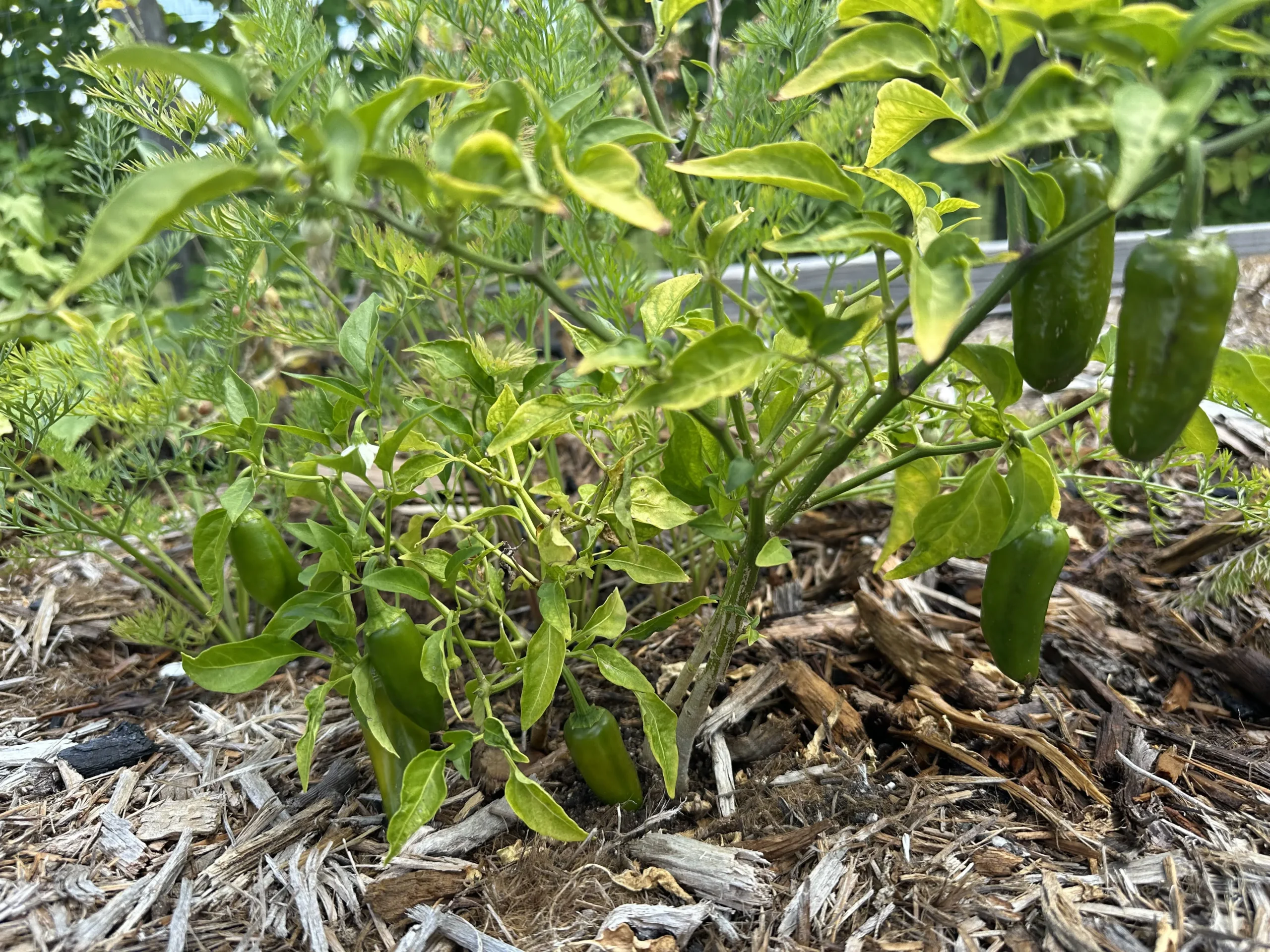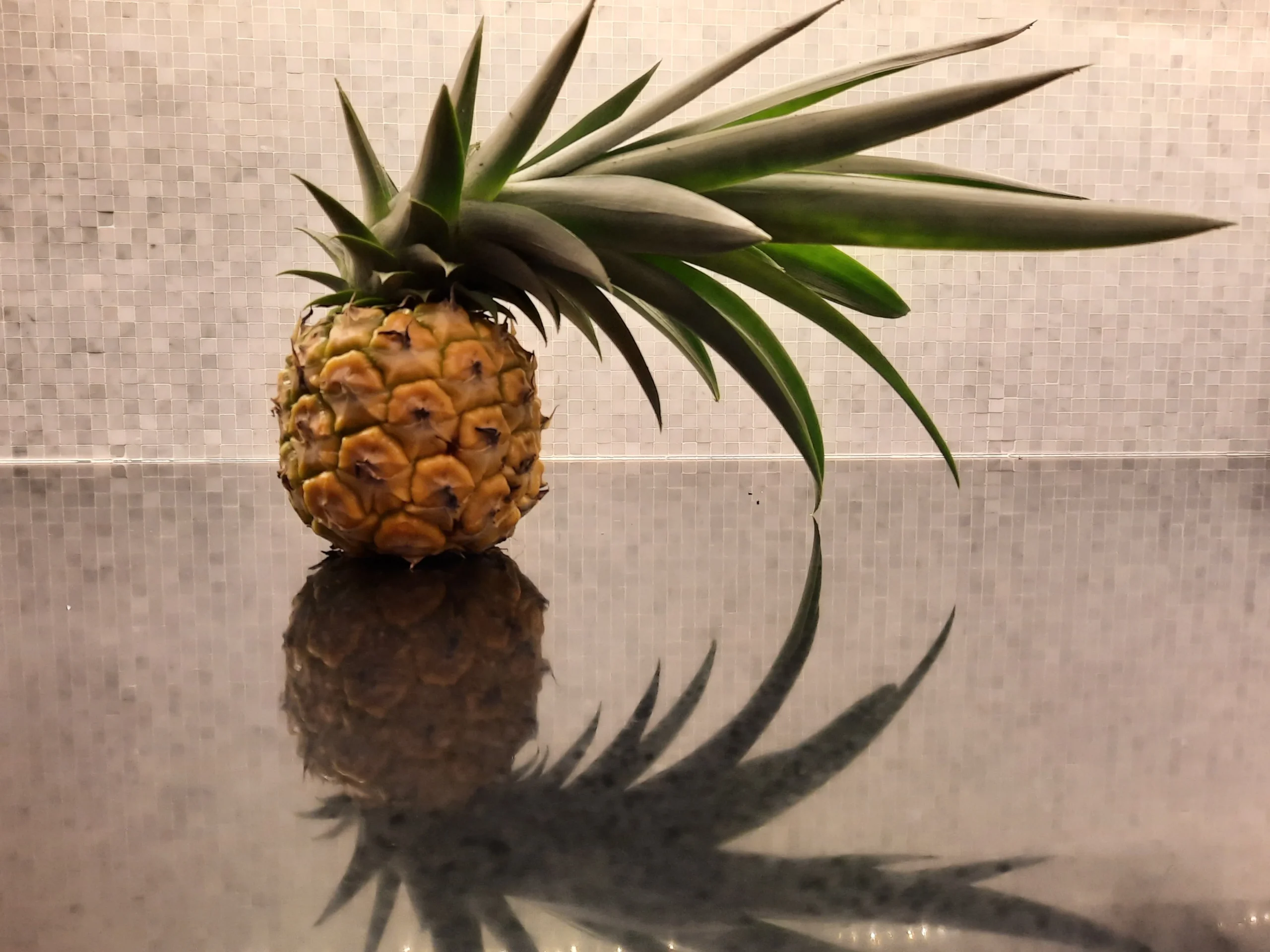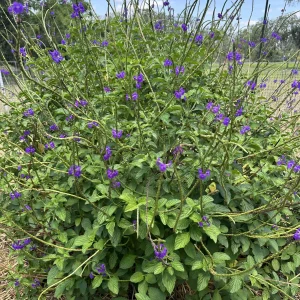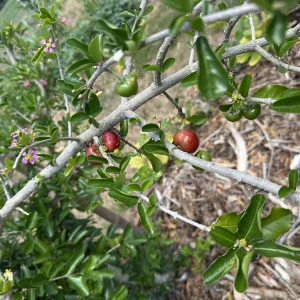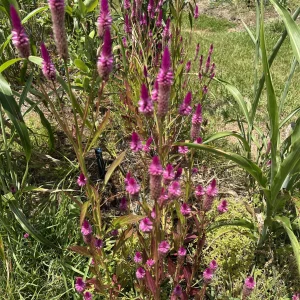At Bee Lovely Farm, we grow vibrant fruit, vegetables, and herbs without synthetic chemicals, relying instead on nature’s own processes. Organic farming is our foundation, but we go further with regenerative practices that nurture the land and its ecosystems.
Unlike conventional farming, which degrades soil through heavy plowing and synthetic inputs, we prioritize soil health. Healthy soil teems with billions of microbes that decompose organic matter, delivering vital nutrients to our plants. These microscopic ecosystems also act as natural defenses against pests and diseases, reducing the need for harmful chemicals.
Our regenerative methods—composting, cover crops, and minimal tilling—restore soil vitality. This approach allows our soil to retain more water than conventionally farmed land, supporting resilience in dry seasons. Beyond the soil, we conserve water and prioritize the well-being of our people, fostering a sustainable cycle of care for the land and those who tend it.
The result? Exceptionally flavorful, nutrient-rich produce that’s good for you, our community, and the planet. At Bee Lovely Farm, we grow food you can truly feel good about.
While many focus on the state of our oils—oil spills, dwindling supplies, and rising gas prices—these concerns ripple through our economy and the state of our union. However, an equally critical but often overlooked issue is the state of our soils and its profound impact on your health.
Over the past century, the quality of our fresh food has declined due to soil depletion, unsustainable farming practices, overproduction of crops, and the widespread use of pesticides and herbicides. As a result, you can no longer assume that eating a variety of fresh produce guarantees adequate intake of essential vitamins, minerals, enzymes, and phytonutrients.
Today, a calorie provides significantly less nutrition than it did 50 or 100 years ago. Recent studies on historical food composition reveal declines of 5 to 40 percent in key minerals found in fresh produce, with similar reductions observed in protein sources.
Now, more than ever, it’s critical to prioritize nutritional density—how much nutrition you get per calorie consumed and per dollar spent—when choosing the foods you eat.
Regenerative agriculture is deeply rooted in ancestral knowledge, which emphasizes working in harmony with nature by restoring soil health, biodiversity, and ecosystems. We practice sustainable land stewardship, understanding that cultivating the land responsibly ensures long-term abundance and resilience.
